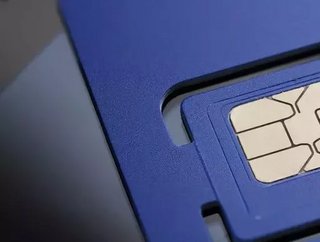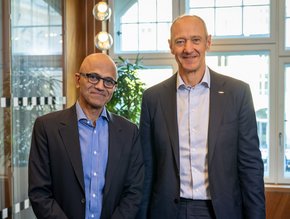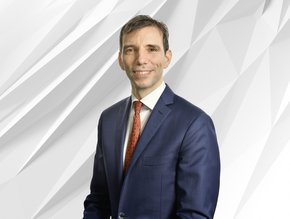Nokia reports that 5G is 90% more energy efficient

Following a study conducted by Nokia and Telefónica the two company’s have discovered that 5G networks are up to 90% more energy efficient per traffic unit than 4G networks.
The research was conducted over a three month period, focusing on the power consumption of the Radio Access Network (RAN) in Telefónica’s network. With expectation that the rollout of 5G networks will increase traffic dramatically, it is important that the energy consumed does not rise at the same rate.
Extensive testing conducted examined 11 different, pre-defined traffic load scenarios to measure the energy consumed per Mbps based on the traffic load distribution. The result identified that 5G Ran technology is significantly more efficient than other legacy technologies in relation to energy consumption per data traffic capacity with hardware and software features to help save energy.
While 5G is natively greener technology, the companies reported that the networks require further action to enhance energy efficiency to minimise CO2 emissions that will be produced as a result of increased data traffic.
Nokia reports that there are several energy saving features at the radio base station and network levels which can be combined to improve the energy efficiency of wireless networks.
“We are committed to supporting action on climate change and engender a sustainable culture throughout our entire company. We are proud to work collaboratively with Nokia on this project and others to address a range of initiatives including driving energy efficiencies in the 5G era,” commented Juan Manuel Caro, Director of Operational Transformation at Global CTIO at Telefónica.
“Our greatest contribution to overcoming the world’s sustainability challenges is through the solutions and technology we develop and provide. We place huge importance on this. Nokia’s technology is designed to be energy efficient during use but also require less energy during manufacture. This important study highlights how mobile operators can offset energy gains during their rollouts helping them to be more environmentally responsible while allowing them to achieve significant cost savings,” added Tommi Uitto, President of Mobile Networks at Nokia.
For more information on business topics in Europe, Middle East and Africa please take a look at the latest edition of Business Chief EMEA.






